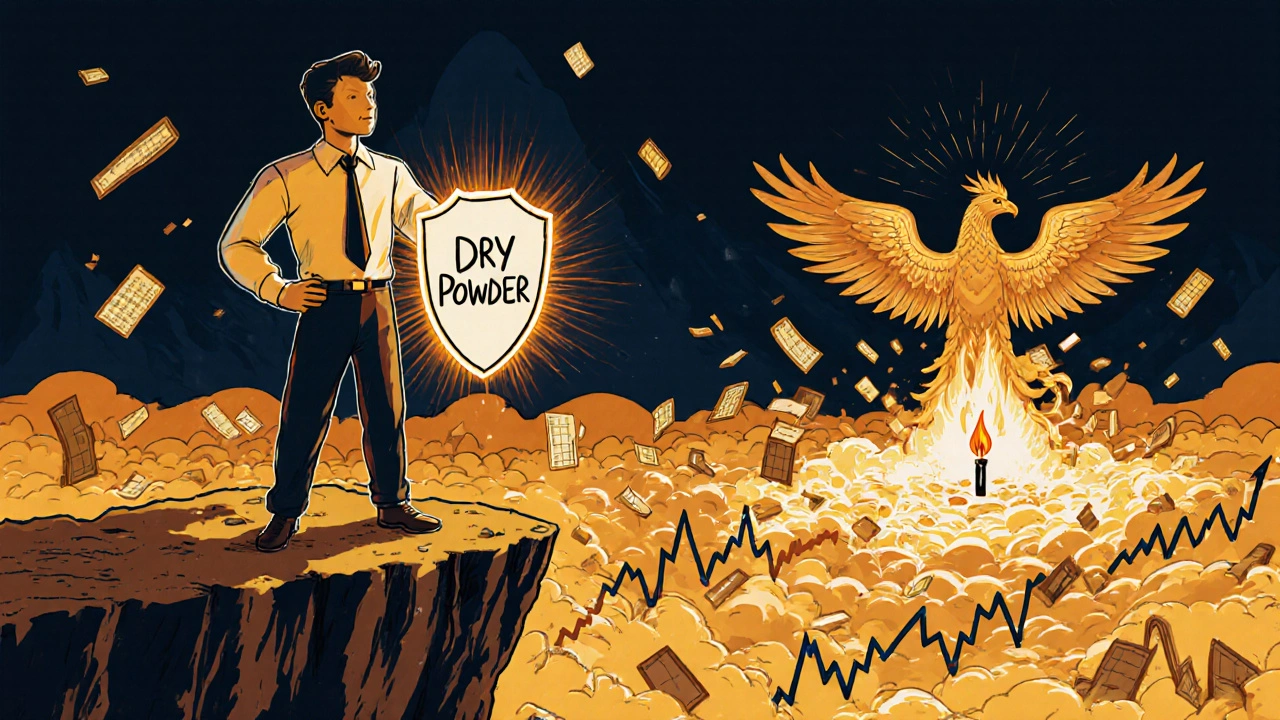Private Equity Explained: How It Works and Who It’s Really For
When you hear private equity, a form of investment where funds buy stakes in private companies with the goal of improving them and selling later for profit. Also known as PE, it’s not some mysterious Wall Street ritual—it’s a system that touches everything from your retirement account to the local gym you joined. Most people think private equity means billionaires buying companies and firing employees. But the reality is messier, and honestly, more interesting.
Private equity firms don’t just snap up big names. They buy small businesses too—local manufacturers, software startups, even dental clinics. They put in cash, bring in new managers, cut waste, and push for growth. Then, after 3 to 7 years, they sell the company—sometimes to another PE firm, sometimes to the public market, sometimes back to the original owners. It’s not magic. It’s math, patience, and a lot of hard work. And while the big deals make headlines, the real action happens in hundreds of quiet companies across the U.S. and Europe.
Here’s the twist: you might already be invested in private equity without knowing it. If you have a 401(k), an IRA, or even a pension plan, there’s a good chance your money is sitting in funds that back private equity deals. Pension funds, endowments, and insurance companies pour billions into PE because they’re chasing higher returns than stocks or bonds can offer. That means your retirement isn’t just tied to Apple or Amazon—it’s tied to a small packaging company in Ohio or a mid-sized cybersecurity firm in Texas.
And it’s not all about buying and flipping. Some PE firms specialize in turning around struggling businesses. Others focus on scaling startups that are too risky for traditional investors. venture capital, a subset of private equity focused on early-stage, high-growth startups. Also known as VC, it’s the cousin of private equity that takes bigger risks for bigger payoffs. Then there’s buyouts, the most common type of private equity deal, where a firm buys a controlling stake in an established company. Also known as LBOs, leveraged buyouts, they use borrowed money to make the purchase, which adds risk—but also boosts potential returns. And while hedge funds, investment pools that use aggressive strategies to generate returns in any market. Also known as HF, they often trade public stocks, currencies, or derivatives are flashy and loud, private equity plays a longer game. It’s not about daily price swings—it’s about building value over years.
What’s missing from most explanations? The human side. The managers hired to fix operations. The engineers told to scale production. The sales teams pushed to hit new targets. Private equity isn’t just about money—it’s about people changing how companies run. And while critics point to job cuts and debt, many PE-backed companies actually grow faster, hire more, and invest in tech upgrades they couldn’t afford before.
Below, you’ll find real breakdowns of how private equity works behind the scenes, what it means for everyday investors, and how it connects to the tools and strategies you’re already using—like robo-advisors, ETFs, and retirement planning. No jargon. No fluff. Just clear answers to the questions you actually care about.
Cash as a Strategic Asset: Why Keeping Dry Powder Is the Smartest Move in Today’s Market
Dry powder-cash held for strategic investments-isn't just safety. It's a powerful tool to buy assets at deep discounts during market crashes. Learn how top investors use it to outperform, and why holding cash is smarter than ever.
View More